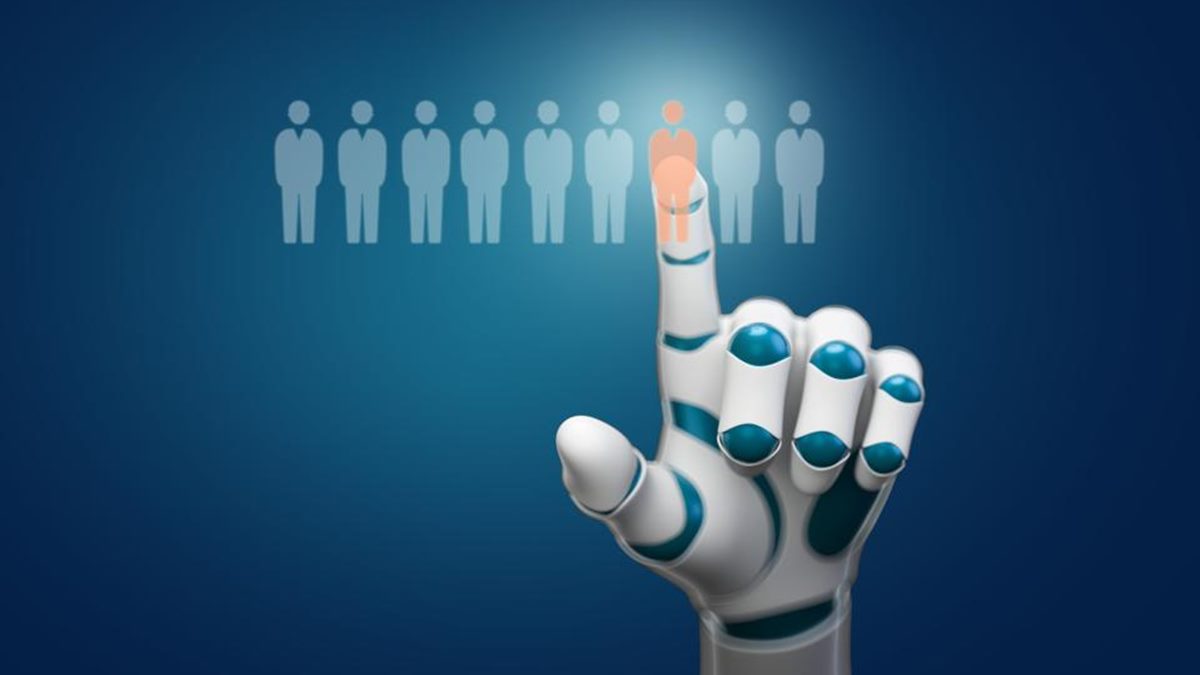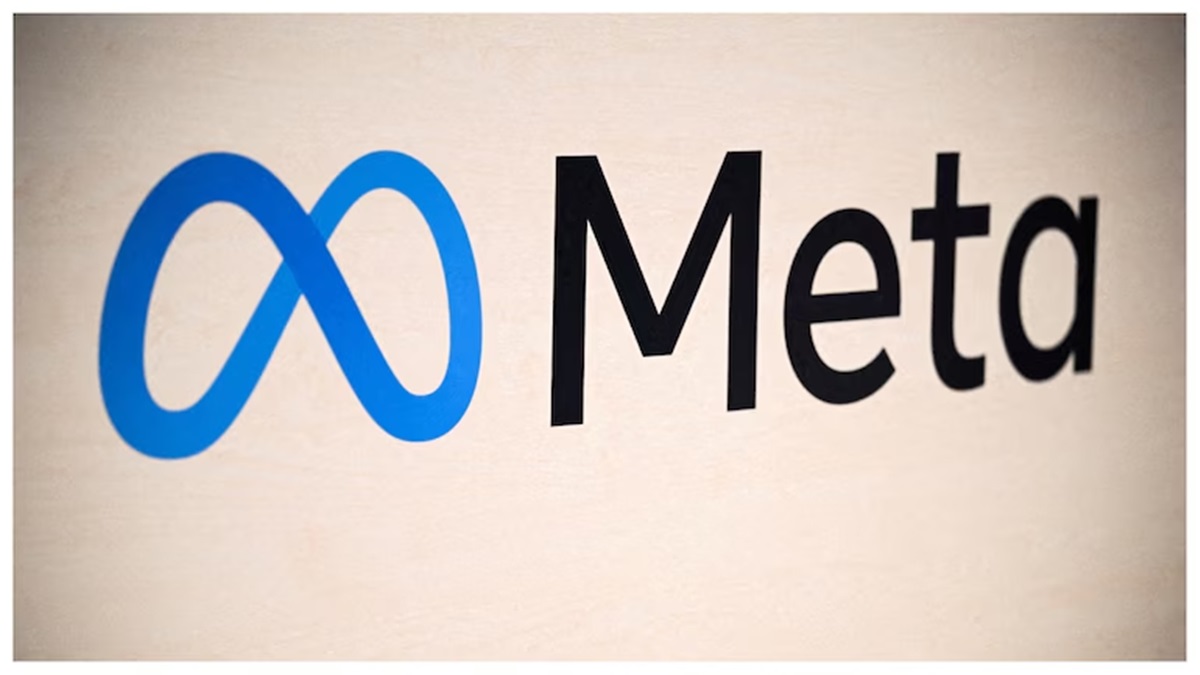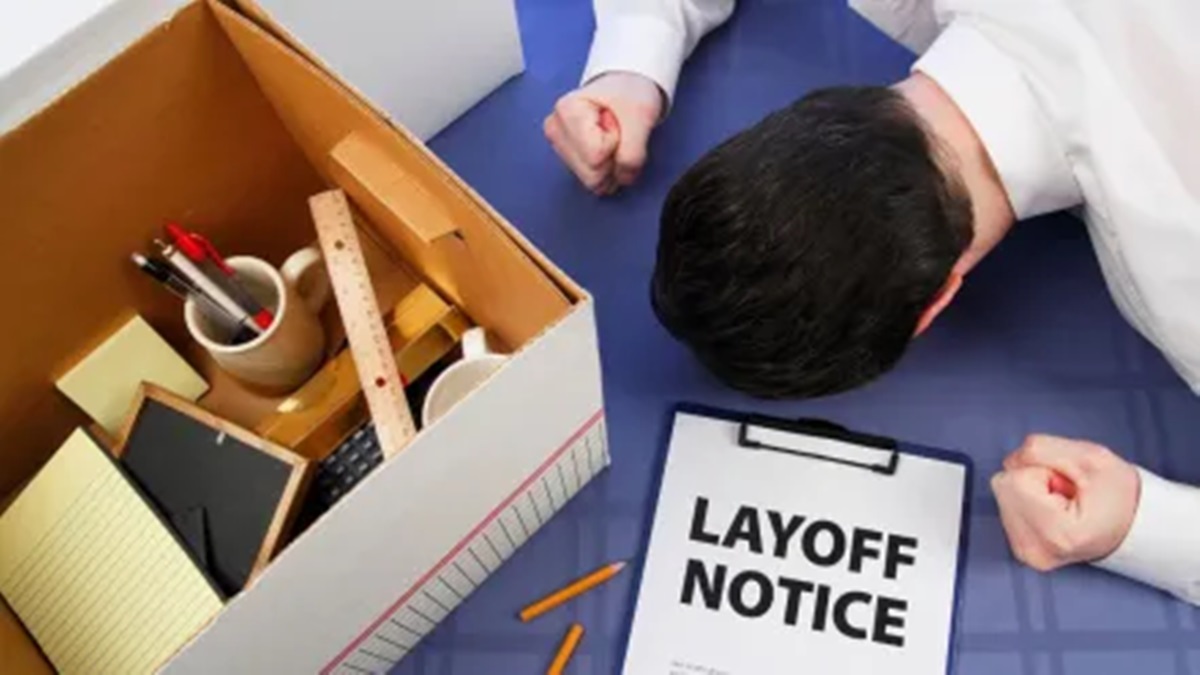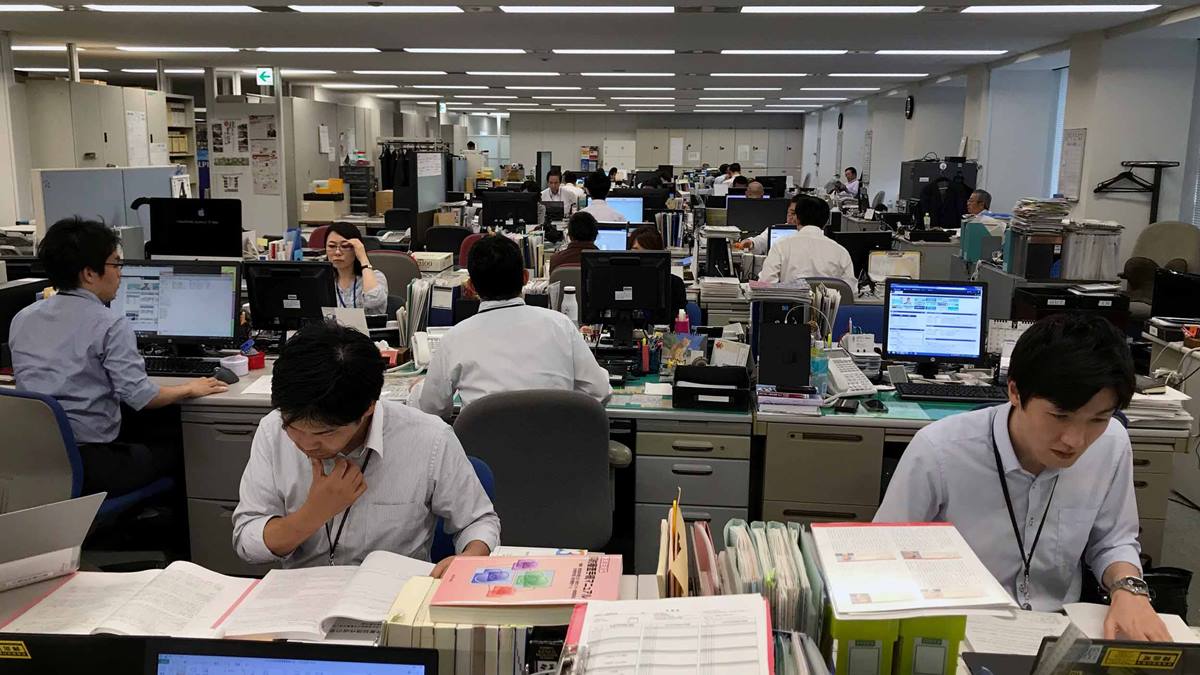Japan is facing a renewed reckoning with its long-standing overwork crisis, as new government data reveals a sharp increase in work-related mental health issues and suicides.
Key takeaways
- Work-related mental health cases in Japan hit a record high in 2024, with 89 suicides or attempts officially linked to overwork.
- Despite past reforms, exploitative practices like forced overtime, harassment, and timecard manipulation persist in major companies.
- Experts warn that meaningful change requires cultural transformation and stronger enforcement, not just legal limits.
According to the Ministry of Health, Labour and Welfare, a record 1,304 cases of work-related illnesses were officially recognized in fiscal year 2024, up 196 from the previous year, with 89 cases involving suicide or attempted suicide tied to workplace stress.
These alarming figures have reignited public and legal scrutiny over Japan’s corporate culture, which critics say continues to foster toxic work environments despite decades of warnings and government reforms.
From Exhaustion to Despair
The rise in work-related mental health claims is largely attributed to high-pressure work environments, poor oversight, and institutionalized harassment. Power harassment from superiors remains the most common cause of psychological breakdowns, followed by sudden increases in workload, abusive client behavior, and sexual harassment.
“This is not just a labor issue, it’s a public health emergency,” said Yusuke Kasagi, a Tokyo-based workplace accident attorney who has handled more than 150 cases tied to overwork and mental distress. “The system is failing workers who are pushed past their limits in silence.”
The issue of karōshi (death from overwork) and karojisatsu (suicide from overwork) is not new. But mental health-related deaths are now outpacing those caused by physical exhaustion. In contrast to the heart attacks and strokes that dominated early karōshi cases, suicide has become the most frequent outcome in recent years.
The Legacy of Matsuri Takahashi
The 2015 suicide of Matsuri Takahashi, a 24-year-old employee at advertising giant Dentsu Inc., shocked the nation and symbolized the cost of Japan’s punishing work culture. In the weeks before her death, Takahashi posted disturbing messages to social media, including, “It’s 4 a.m. My body is trembling. I’m going to die. I’m so tired.”
An investigation by Tokyo’s Labor Standards Bureau revealed she had worked over 100 hours of overtime in a single month, a clear case of karōshi. Her death led to the 2018 Work Style Reform Act, which limited overtime to 45 hours per month. However, critics argue that the reforms are ineffective in practice.
“Supervisors told her to falsify her reported work hours,” said Yukimi Takahashi, Matsuri’s mother, who has since become an anti-karōshi advocate. “Nothing has changed fundamentally. The culture of silence and blind obedience continues”.
Black Companies and the ‘Demon Rules’
Takahashi’s former employer, Dentsu, has long been labeled a “black company”, a term used to describe firms with exploitative practices. According to Yukimi, Dentsu enforced what it called “The Ten Demon Rules,” one of which stated: “If you get a project, don’t let it go, even if you die.”
New hires were pressured to mimic the grueling hours of their seniors, often working past 4 a.m. Supervisors reportedly instructed staff to underreport overtime to avoid triggering legal oversight.
Despite the Work Style Reform Act, undercover reports and viral content continue to expose companies with extreme work cultures. In one recent viral video, a young Japanese office worker documented an 18-hour workday, prompting global outrage.
Structural Weaknesses and a Shrinking Workforce
One of the major drivers of this crisis is Japan’s shrinking workforce. With declining birth rates and an aging population, fewer workers are expected to do more. This imbalance is especially visible in industries like construction, where long hours and staff shortages are pushing employees beyond breaking point.
Kasagi recalls a 2021 case involving a young construction manager who took his own life after taking on multiple roles during a delayed rebar project. “He was acting as the site manager, material handler, liaison, and client coordinator, it was an impossible load,” Kasagi said.
Even workers on U.S. military bases in Japan are reporting similar patterns. One woman working in naval ship repair said the number of ships they serviced increased, but staffing levels remained the same, leading to chronic burnout.
Labor Unions Called Out for Inaction
Labor unions have also come under fire. Kasagi notes that in more than a decade of handling overwork cases, not a single union had filed a protest or grievance on behalf of a victim.
“In many ways, Japan’s economic rise was built on a quiet agreement between corporations and unions to avoid confrontation,” he said. “But workers are paying the price for that compliance.”
Is Change Possible?
Some legal experts are proposing technological interventions, such as AI-based work tracking systems and video monitoring, to enforce labor laws and prevent timecard fraud. However, real change may require a cultural shift, one that challenges the myth of the ideal, self-sacrificing employee.
“There is no job more important than life itself,” said Yukimi Takahashi. “It’s the responsibility of the next generation to stand up against these practices. Otherwise, more young people will die in silence, just like my daughter.”



















